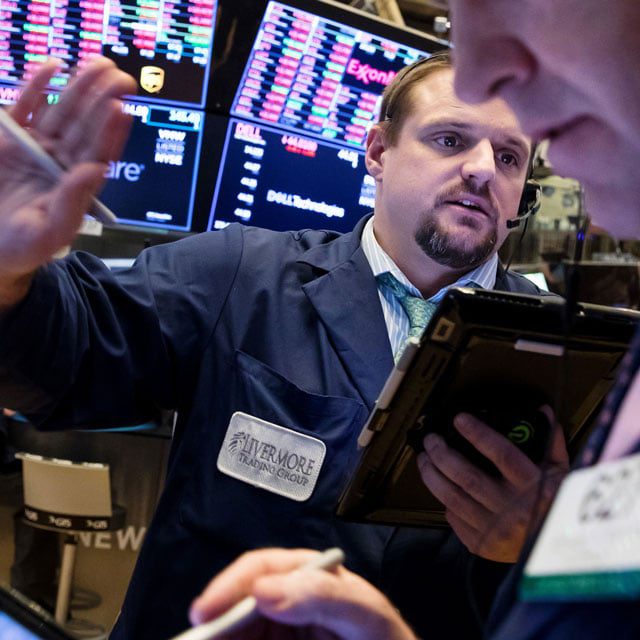Stocks Trade for 390 Minutes a Day. Increasingly, Only 10 Matter

But the extent to which any closing distortions should cause concern is uncertain and, as with so much in the modern market, the debate isn’t clear cut.
For Hitesh Mittal, BestEx Research’s founder, the overnight reversion is part of normal market function.
Passive funds may be buying at fractionally higher prices at the close, but he reckons the cost is “way, way less” than liquidity providers would charge for transactions of their size in thinner liquidity earlier in the day.
Issues in the United States
In the U.S., the mechanism to determine closing prices runs alongside the last minutes of continuous trading. Nearly 10% of all U.S. shares were traded in that closing auction last month, nearing previous 2019 highs after dipping in the retail trading frenzy, data compiled by Rosenblatt Securities show.
Chuck Mack, head of strategy for North American trading services for Nasdaq, said market participants like the transparent price discovery and “depth of liquidity” in closing auctions. He said U.S. intraday liquidity is affected more by the growing fragmentation of stocks trading on different platforms.
Meanwhile, two other researchers — Carole Comerton-Forde at the University of Melbourne and Barbara Rindi at Bocconi University — concluded in 2022 that ostensible European reversals might be due to noise at the market open, rather than distortions, and that intraday liquidity hasn’t been hurt by the closing auction.
Writing on behalf of the duo, Comerton-Forde said regulators don’t have cause for concern yet, “but should continue to watch this space in case things change.”
The London Stock Exchange didn’t immediately respond to a request for comment. A spokesperson for Euronext acknowledged that price reversions occur in the wake of indexes rebalancing, but said “observed reversals are typically modest, and market overreactions are common after significant liquidity events.”
A Deutsche Börse spokesperson said that while there were different views among market participants, closing auctions were generally not seen as a problem.
In the U.S., even as volumes shift to the end of day, the growing role of retail investors has prompted a number of brokerages like Robinhood to offer 24-hour trading of some securities to give them maximum opportunity to buy and sell.
Yet for institutional pros, it’s increasingly all about those last few minutes.
“When I do speak to clients who are trading portfolios that are more sensitized to these changes in liquidity, they will definitely wait,” said Mark Montgomery, head of business development at big xyt. “As the liquidity decreases in the continuous part of the day, the potential for them to leak information about their intent is far greater.”
What do you make of the boom in the short-dated options? Share your views in Bloomberg MLIV Pulse survey.
(Image: Bloomberg)





